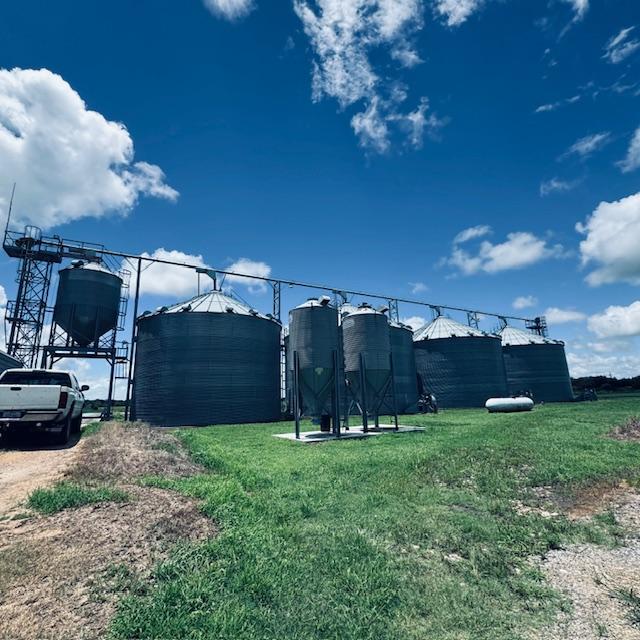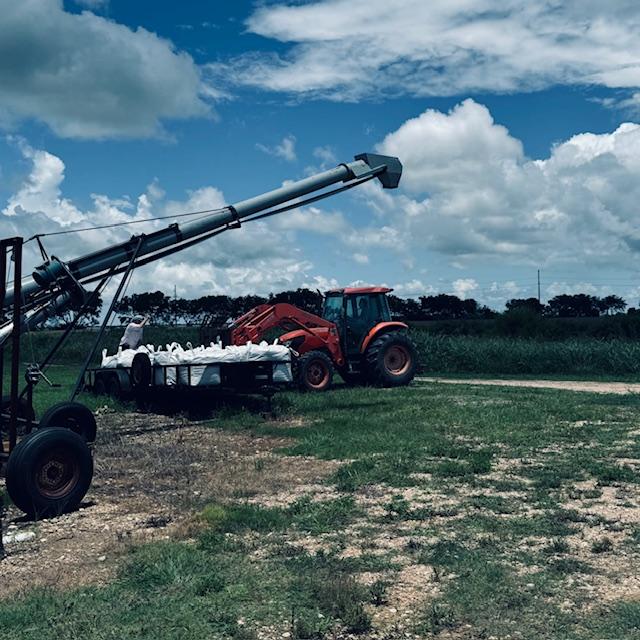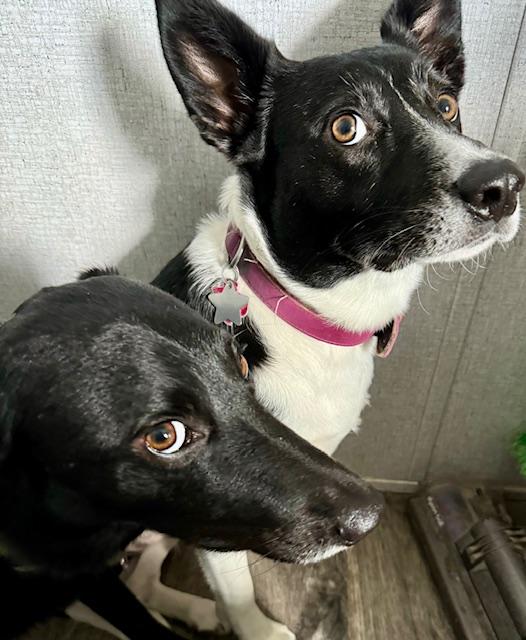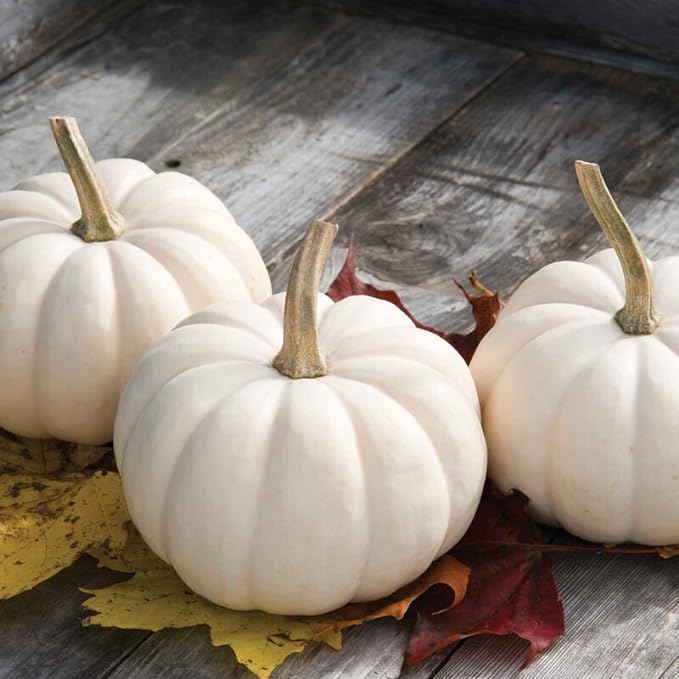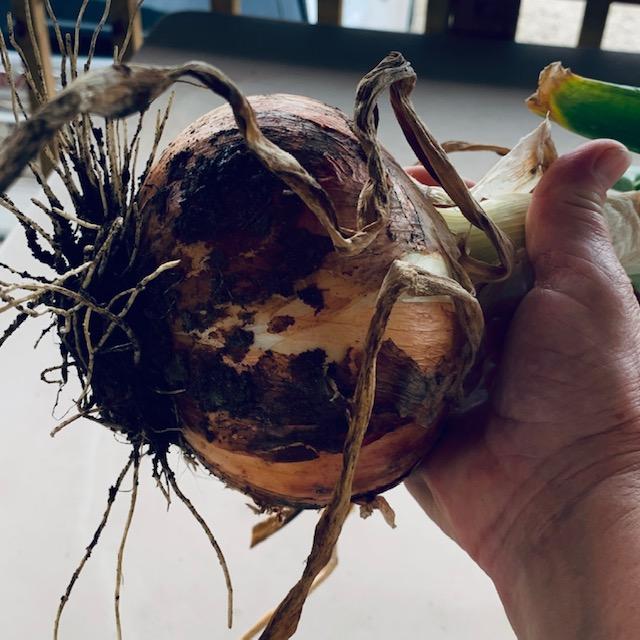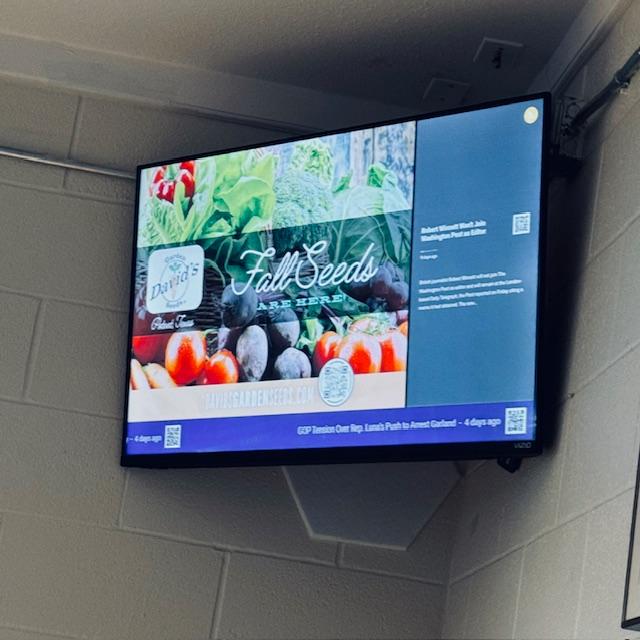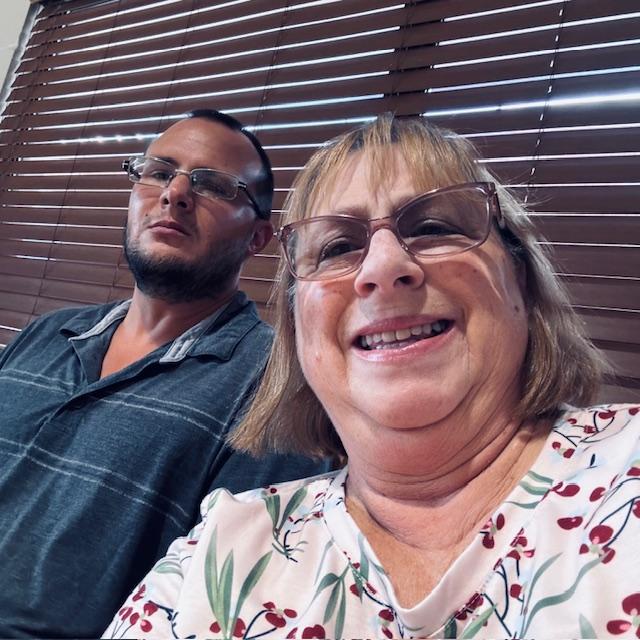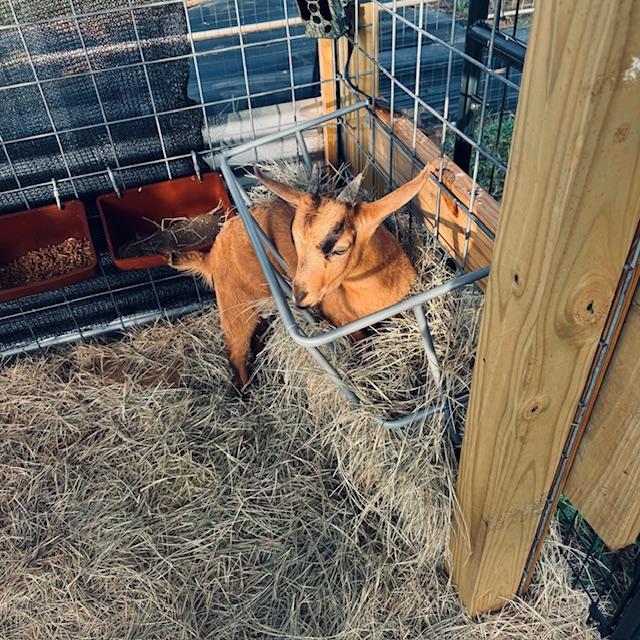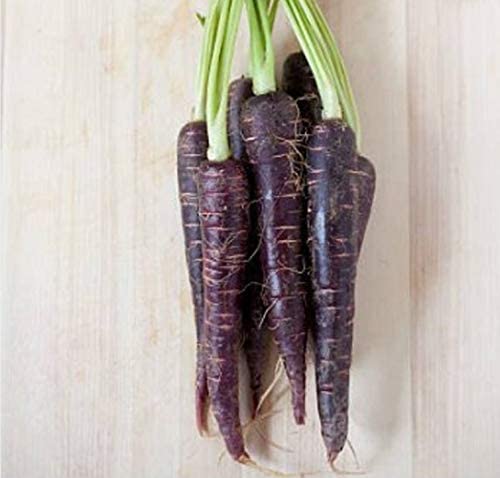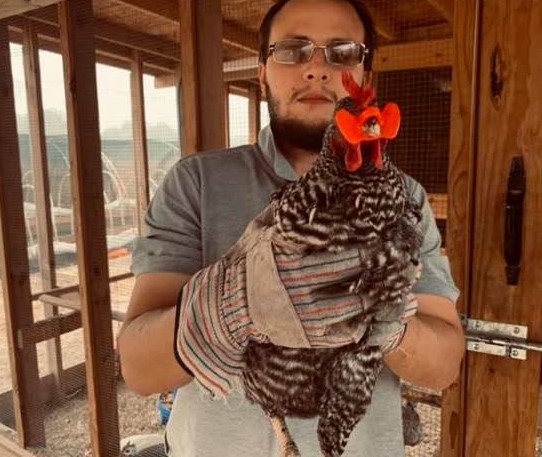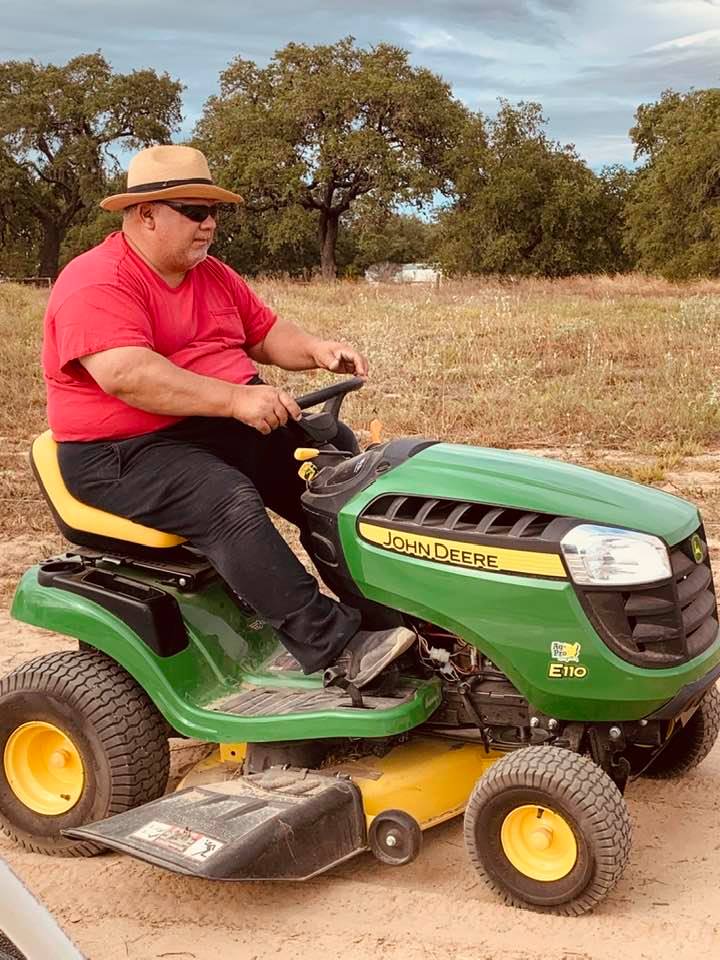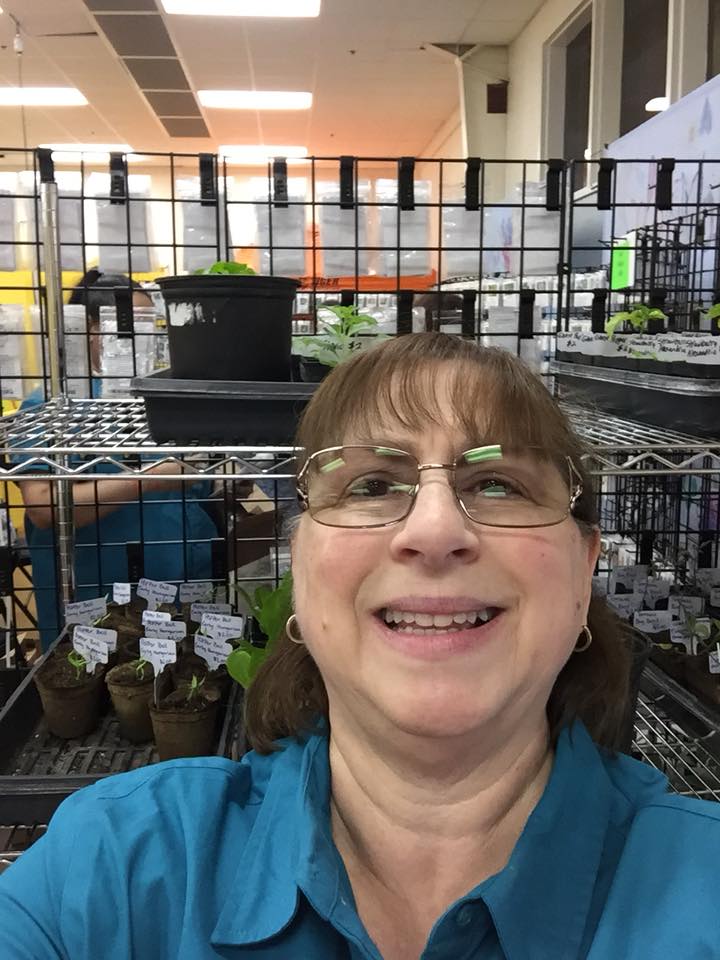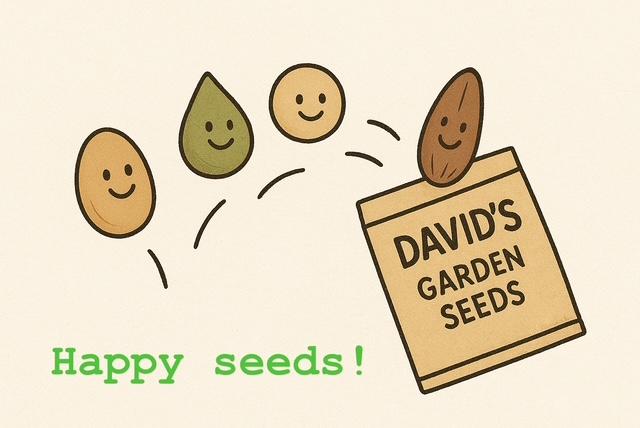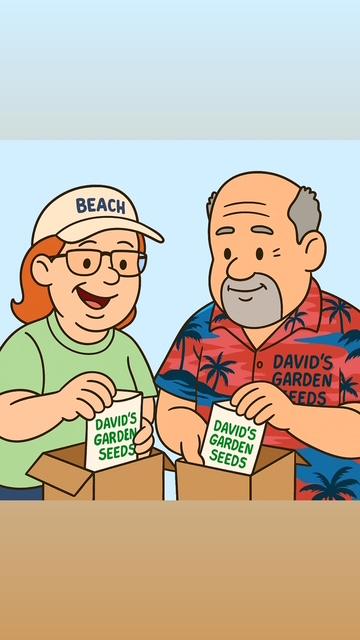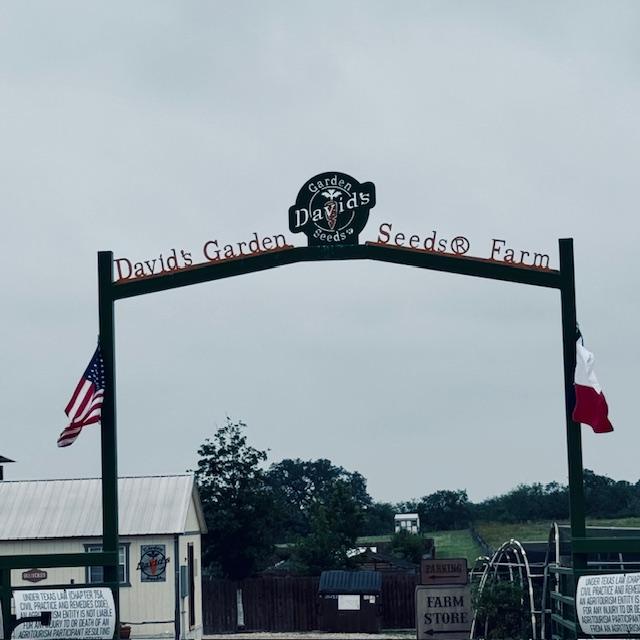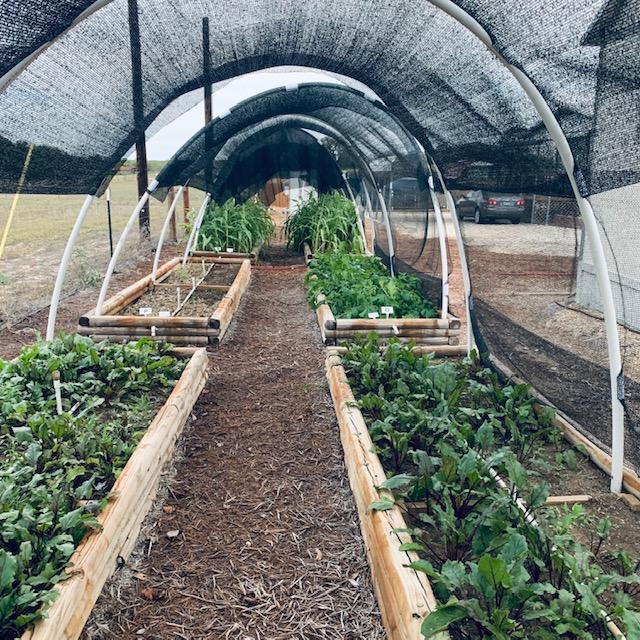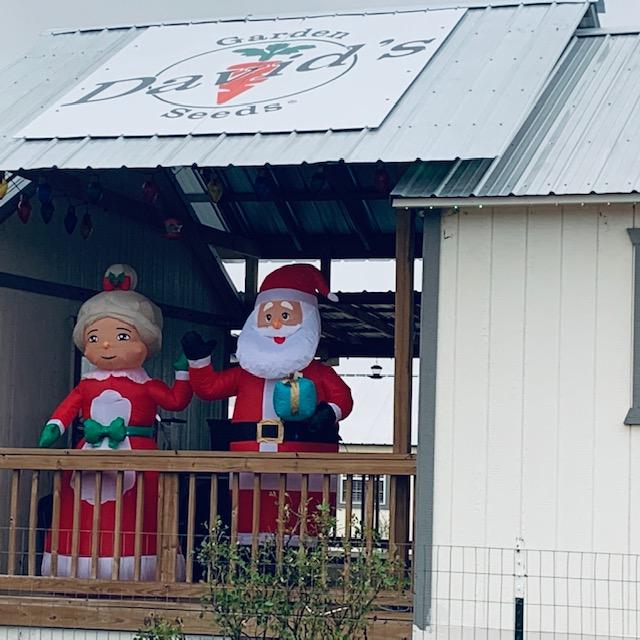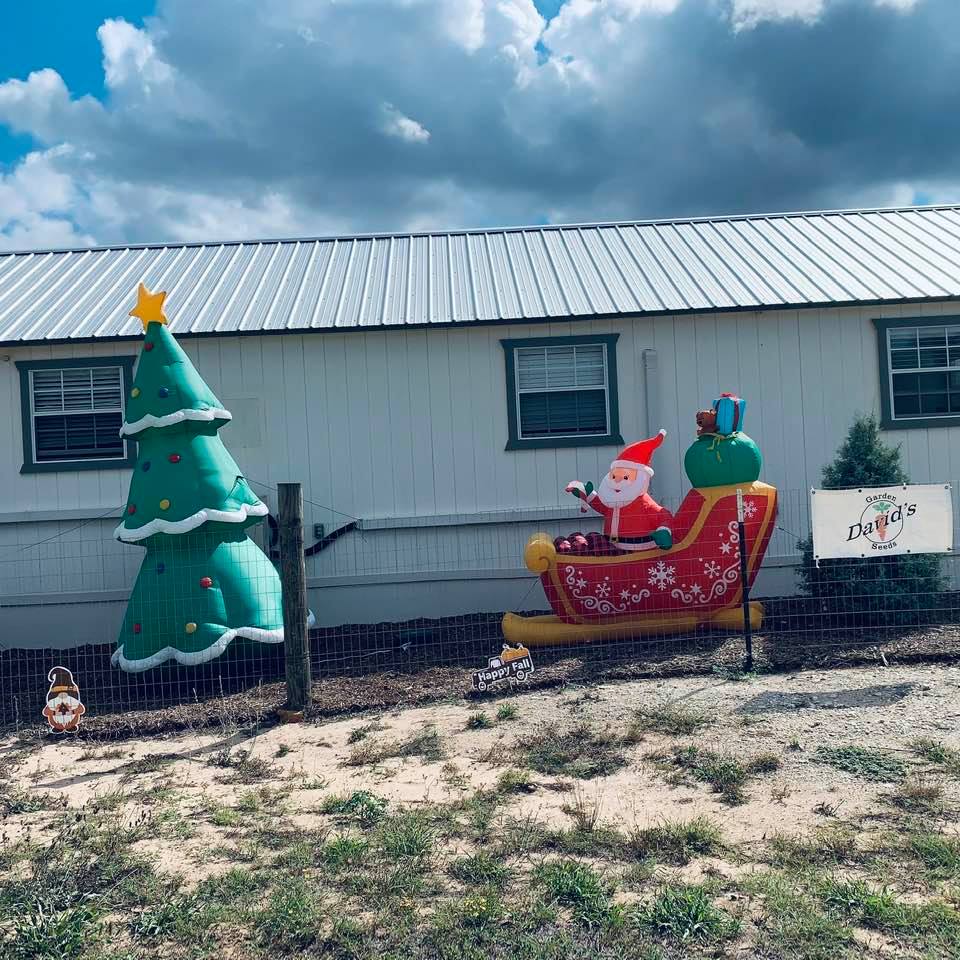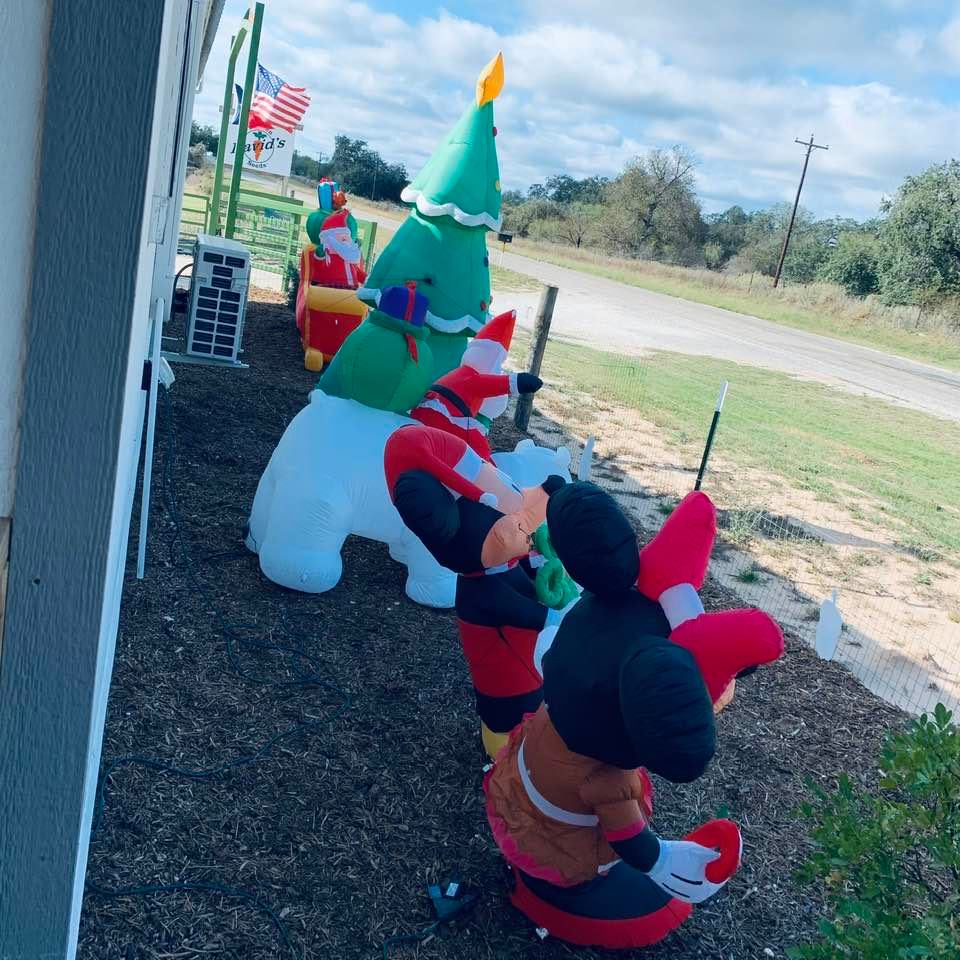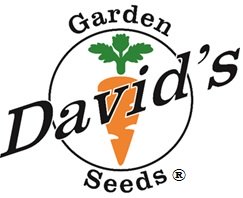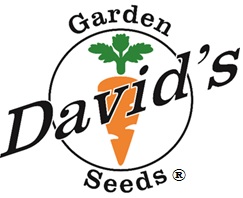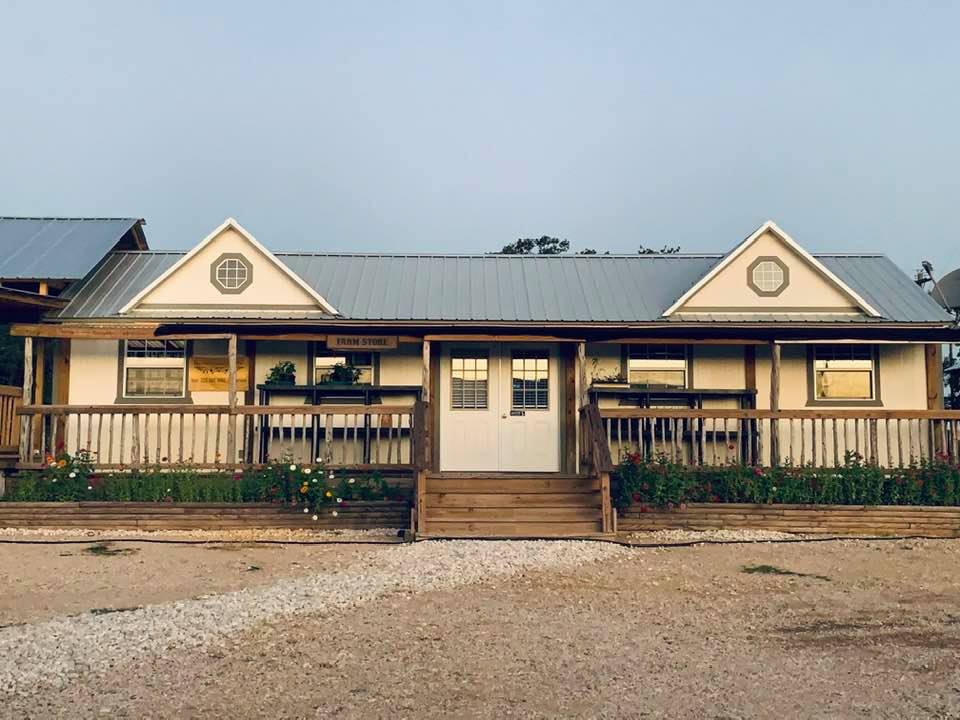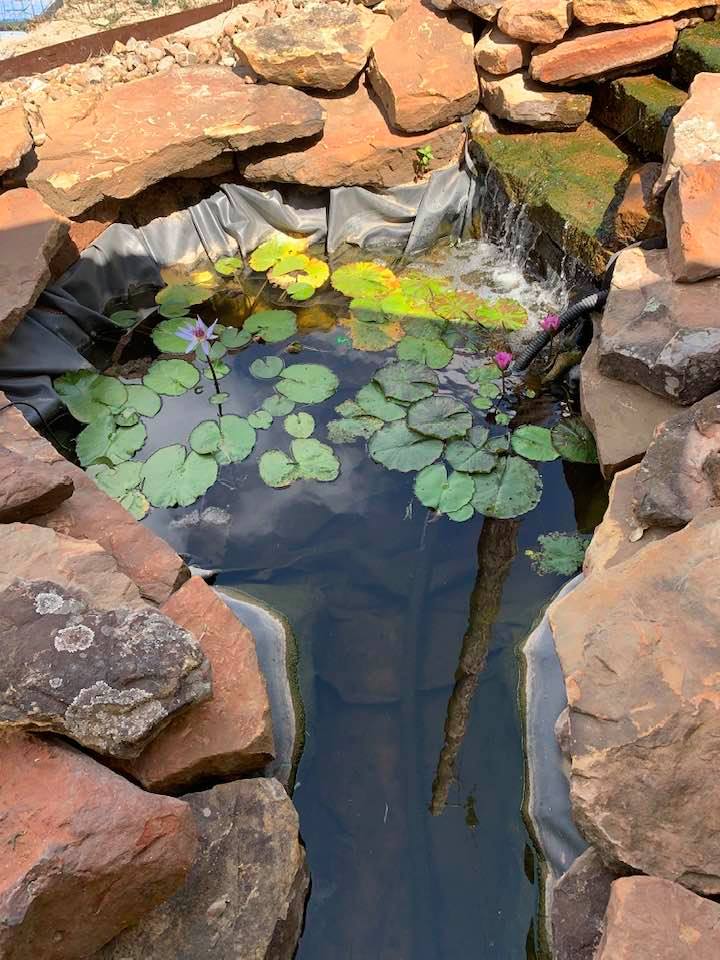Root Vegetables
No garden is complete without root vegetables, both in spring and in autumn. Who doesn't love tasty carrots, onions, beets, and so much more?
Root Vegetables - 6/24-6/30/2024
Monday, June 24, 2024
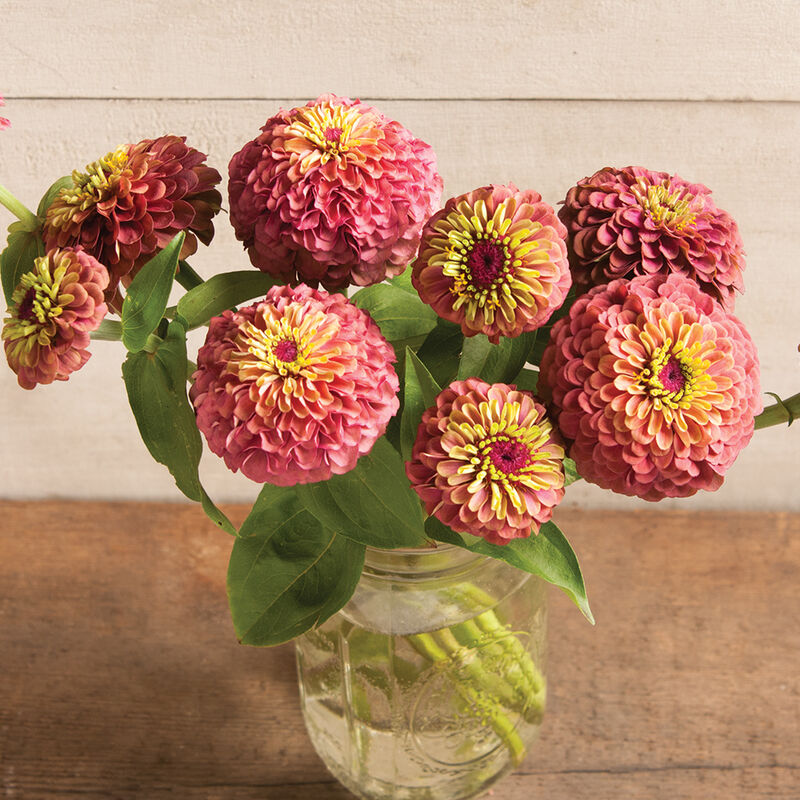 Queeny Lime Red Zinnias look beautiful. We sell the seeds if you want to plant some. We have several colors.
Queeny Lime Red Zinnias look beautiful. We sell the seeds if you want to plant some. We have several colors.Good morning! This week, we will talk about root vegetables because it is almost time for fall planting! If you live in Texas, you know that your best garden comes in the fall as things begin to cool down around here. We look forward to fall each year and the coolness that will finally be in the air after a blazing hot summer.
We had several people pulling orders from Saturday's sale. I got many of them done but there is still a large pile that needs to be checked and sent out. Some folks ordered so many of certain seeds that we had to order more. When several folks order ten and twelve of some herbs, you can bet they went fast. I worked until 7:30pm and then went in. I couldn't see straight. It was an exhausting day.
We had no customers in the store and no one showed up to get their pickup orders.
Matt finally got the pond pump going. We bought a new one and just could not get any of the pipe attachments to work but he finally did it.
Root Vegetables
 Root vegetables can be grown any time of year. Fall and winter plantings add a layer of sweetness that you don't get in the spring and summer.
Root vegetables can be grown any time of year. Fall and winter plantings add a layer of sweetness that you don't get in the spring and summer.Hey there! Venturing into the world of gardening can be incredibly rewarding, especially when you start with something as satisfying as root vegetables. If you've never planted before, don't worry; you're about to embark on a tasty and productive journey.
Root vegetables are those plants that grow underground and usually store nutrients in their roots, developing edible parts beneath the soil. This group includes carrots, beets, turnips, radishes, onions, rutabagas, parsnips, kohlrabi, celeriac, sweet potatoes, shallots, garlic, fennel, and potatoes, among others.
So, why start with root vegetables? These underground wonders are often hardier than other vegetables, and they can be grown in a variety of climates.
Let's dig into the basics of how to grow root vegetables, starting with what to plant. When it comes to choosing your seeds, think about what you like to eat.
Tuesday, June 25, 2024
Happy Tuesday! We are leaving for a rice farm and mill this morning near Houston. David wants to buy husks to mix in with our sandy soil as well as buying some fresh Texas rice. Matt will take care of everything here. Encino Pest Control will be here today.
We left at 8:40am for Bay City, Texas. It took a little over three hours to get there. We got rice husks and some rice and came back. We got back around 4:30pm and now I cannot get on Shopify to ship out all of these orders which is just insane. Someone stopped to pick up their order that we had ready for them.
I worked until 7:30pm, trying to get orders out from Saturday's sale. David finally called me into the house. I put the animals away, showered, and watched some TV, eventually falling asleep in front of it. I was totally exhausted.
Root Vegetables
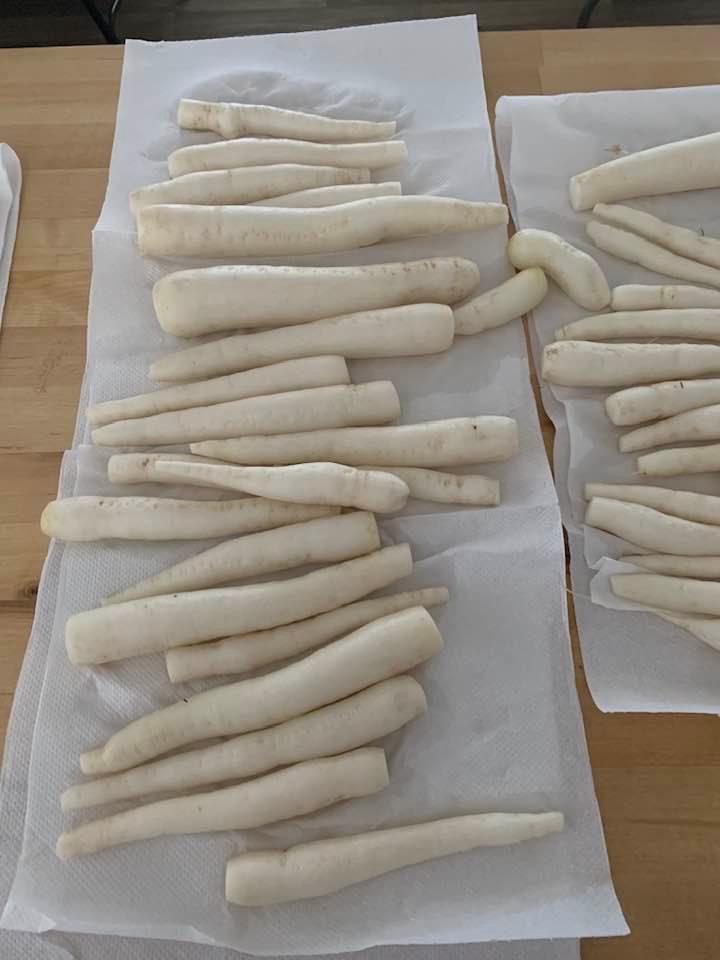 These parsnips are root vegetables that were cleaned and cut before I could get a photo but they did come from our garden.
These parsnips are root vegetables that were cleaned and cut before I could get a photo but they did come from our garden.Now, when should you plant root vegetables? Most root veggies do best
if they're planted in early spring or late summer for your fall garden. This is because
cooler temperatures help them develop a better flavor and texture. The coolness adds a layer of sweetness to the flavor.
Ready to get your hands dirty? Planting your root vegetable seeds is surprisingly straightforward. First, choose a sunny spot in your garden where the soil drains well.
Prepare the soil by breaking it up and
removing any stones or debris. This ensures that your vegetables have
plenty of room to grow without obstruction. If you are growing root vegetables like carrots and parsnips, you will need at least 12 inches of loose soil.
Wednesday, June 26, 2024
Good morning. I still have so many large orders to mail out. They are pulled. I just have to check each one and mail them all out. The checking is what is taking so long. Some of these orders are ten pages long! There are many orders with over 100 items so it takes a while to go through each pack of seeds!
Today, we have a luncheon for one of our team members' birthday so we will be closed from 11am until about 2pm. Please plan your visit for after 2pm this afternoon.
We had a good luncheon with lots of good conversation and laughter at Triple C. Then we came back and I spent the rest of the day finishing up mailing the orders from Saturday. We still have a few where we ran out of some herbs because some people ordered five or ten packs since they were on sale. Hopefully, they will be here soon so I can get them all sent out.
This evening was Gordon Ramsay night. David made some good meat that was so tender. I am glad he cooked it instead of me because it was perfect. I think I would have cooked it too long.
Root Vegetables
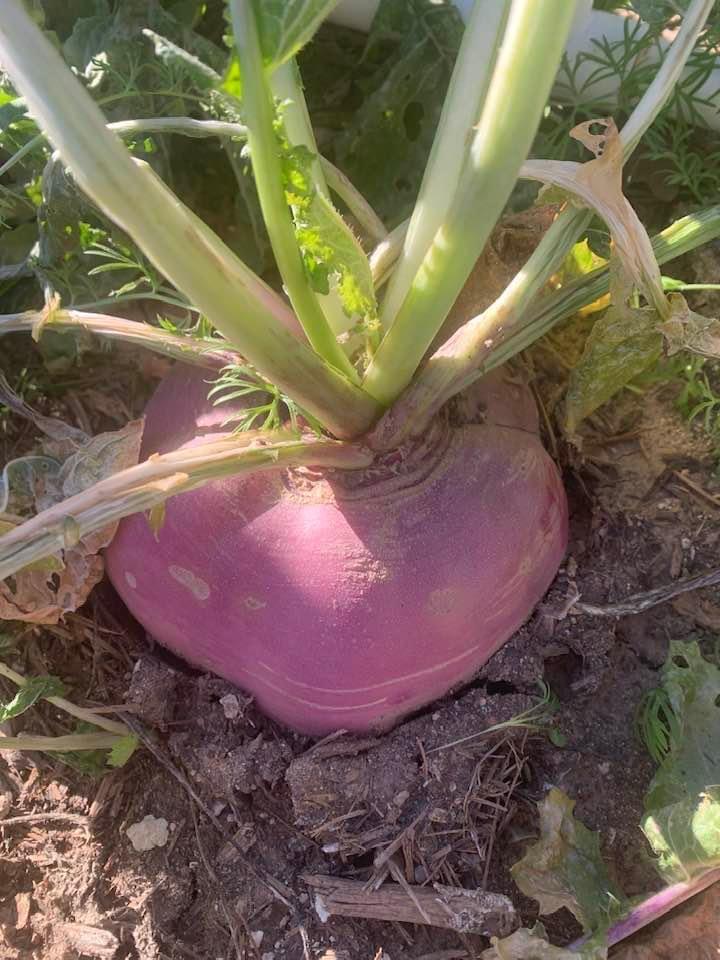 Root vegetables include turnips. This past fall, I cut my turnips into fries and air fried them. They were tasty!
Root vegetables include turnips. This past fall, I cut my turnips into fries and air fried them. They were tasty!Plant the seeds according to the instructions on the seed packet.
Generally, you'll plant them just a few inches apart, and one fourth to one half inch deep in the soil. Do not plant your seeds deep. If you plant them too deep, they will not have enough energy to break the surface which means they will never come up.
After planting, water your seeds gently but thoroughly. Keep the soil moist but not waterlogged as they begin to grow.
Germination times vary, but soon, you'll see sprouts emerging from the soil. This is a fun, exciting moment, so keep an eye out! Some seeds will come up in a week or less, while other seeds won't come up for two, three, or even four weeks. The soil temperature should be at least 40° Fahrenheit in order for most of the roots to germinate. Potatoes and sweet potatoes require warmer temperatures. Plant those in April, at least in Texas.
Thursday, June 27, 2024
Good morning. David and I are going into San Antonio to visit someone in the hospital this morning. Then we will return and get to work on orders. The heat has been through the roof all week long. It is 7am and 77° but it will be getting up to 100° as usual today. I am watering my plants right now.
We drove into San Antonio and had a good visit. Then we got some groceries and animal feed and came home. Once everything was put away, I filled orders until about 6pm. We had two customers at the Farm Store.
After that I put away the animals early, around 7pm so I could watch the presidential debate without having to go out and miss it. Trump looked and sounded good. The other one did not. I am pretty sure they will soon replace him.
Root Vegetables
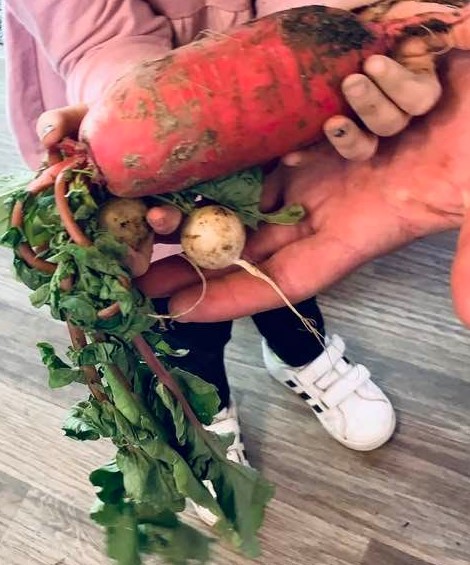 This giant radish is a King radish that we grew at our storefront in San Antonio along with the other root vegetables shown.
This giant radish is a King radish that we grew at our storefront in San Antonio along with the other root vegetables shown.As your plants grow, keep the beds free of weeds and maintain soil moisture. These steps are crucial for developing strong, healthy root vegetables.
Fertilization isn't usually required, but a light application of a balanced organic fertilizer can encourage more robust growth.
Wondering
when your root vegetables are ready to harvest? This usually depends on
the type of vegetable. For example, radishes can be ready in as few as
25 days, while carrots might take several months. Mark your calendar as to when you plant each item.
A good rule of thumb is to check the top of the root. If it starts to poke out of the soil and looks sizable, it's probably ready. Another method is to gently dig around the vegetable to inspect its size.
Friday, June 28, 2024
Good morning. Ethel keeps eating honeysuckle leaves and then throwing up. There was a big pile on the office couch this morning. So fun.
It is now 2pm and we have had one customer. All of the box cutters are gone so we are having to open boxes with pens. Someone walked off with all of our box cutters, one at a time over the past few months. It is unbelievable. First the pens...now the box cutters.
David is inside the house making salsa and canning it. I tasted it, a little hot but good. David made a mess and called me in to wash everything...fun times for sure.
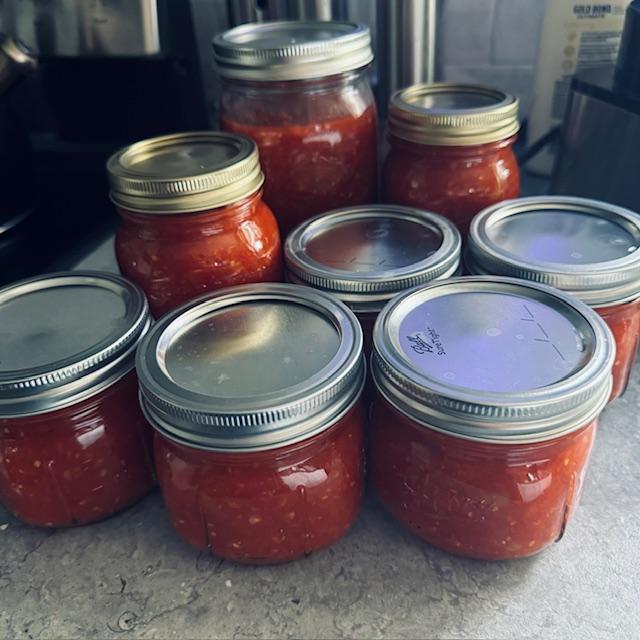
We got a lot of complaints after last weekend's sale was over that people forgot or totally missed it. Here is your final opportunity of the year to buy seeds at a 50% discount. Starting at midnight tonight through 11:59pm tomorrow night, you can head to David's Garden Seeds® and get a 50% discount.
I went in after work and made scalloped cheesy potatoes from scratch for David, not the boxed kind that he wanted to get. They were pretty darn good. We also had cauliflower steaks roasted with olive oil and deli chicken which was delicious.
Root Vegetables
Harvesting your root vegetables is straightforward but requires a gentle touch. Use a gardening fork to loosen the soil around the plant, then pull the vegetable out by the base of its stems.
Once harvested, you can wash your vegetables and prepare them for cooking or storage. Root vegetables can be stored in a cool, dark place for several weeks, depending on the variety.
Now, how to cook them? Root
vegetables are incredibly versatile. You can bake, boil, roast, or even
fry them. A simple recipe is roasting them with a bit of olive oil,
salt, and pepper. I love to roast them or air fry them. They are much tastier than if you boil them.
Saturday, June 29, 2024
Good morning! The sale started at midnight and I already have a bunch of orders to fill. They are not gigantic like they were last weekend but that is okay. The sale goes on through 11:59pm so be sure and get your orders in by then.
I went out to feed the animals and it is already a hot and humid mess out there. I came back completely covered in sweat so I had to take time to get clean and pretty to open the Farm Store which I am about to do. I also got the laundry and dishes going and I changed the sheets. I have 15 happy minutes to get the store open and start filling orders. Thank you to everyone who ordered from us this past week and for all of you who have ordered or will order today. We so appreciate your support of our small business, David's Garden Seeds®!
We actually had quite a few customers. I was standing up behind the cash register for over two hours checking folks out. It is funny how they all want to show up at one time, right?
Then I grabbed some lunch and the mailman came. After that, no other visitors showed up. The gate closed at 2pm and I quit work at 3pm and went inside. I cleaned up the kitchen some and then did some laps in the pool. Matt brought pizza and wings from Constantino's and we watched the second James Bond movie, From Russian With Love because Svengoolie was a replay. It was fun.
Our sale was pretty good. We made more last Saturday with the sale we had then but this came close.
Root Vegetables
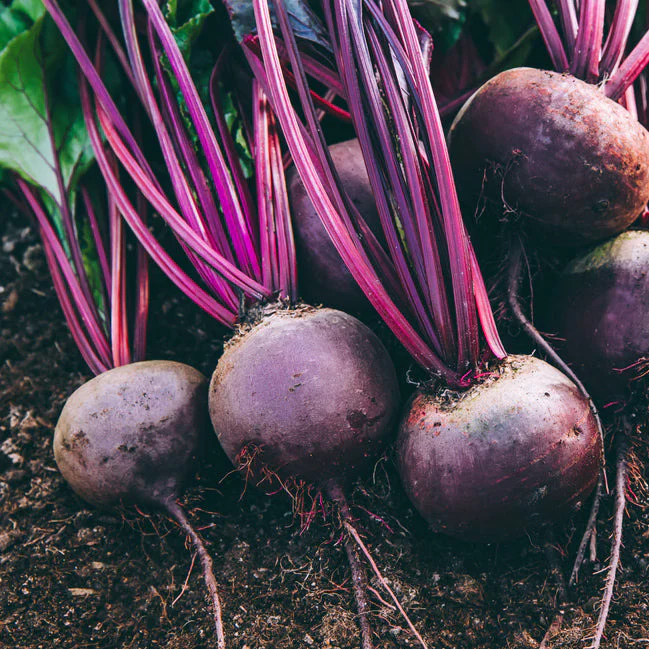 Beets are another of our favorite root vegetables. These are Detroit Dark Red beets, our most popular beet seed.
Beets are another of our favorite root vegetables. These are Detroit Dark Red beets, our most popular beet seed.If you decide you'd love to continue growing these fantastic veggies annually, let's talk about saving seeds. Allowing a couple of plants to go to seed will give you seeds for next year.
Let one or two plants mature fully and flower. Root vegetables take up to two years to go to seed. (Obviously, potatoes and sweet potatoes do not do that.) Once the flowers fade and seed pods develop, collect these pods.
Dry the pods in a warm, dry place. Once dried, store the seeds in a labeled, sealed container in a cool, dark location.
Sunday, June 30, 2024
Hello! It is now 7:35pm and the temperature is 94°. We had a good Sunday and even had a small amount of rain this afternoon! David preached at a church today and afterwards we went out to eat with some friends and with our son, Matt, at Charlie's Daughter On The Green in Devine. We had a good visit and then came home to get some things done.
This morning, I found Norton inside of the hay holder. I had to pick him up and pull him out. He kicked and tried to head butt me. I got all of my plants watered. I noticed that some of my sweet potato plants have been sort of dug up. I am thinking it is our own dear puppy, Sue Ellen, who loves to dig.
I jumped in the pool and did some laps again and then ate leftover wings from last night for dinner. I collected the most eggs I have collected since the awful summer heat began in May--30 in a variety of colors!
Root Vegetables
Next season, you’ll be ready to plant root vegetables all over again using your seeds, creating a sustainable garden cycle.
All in all, learning to grow root vegetables is a rewarding experience. Not only do you get to enjoy the freshest possible produce, but you also become more connected to the food you eat.
Plus, the skills you acquire from growing root vegetables apply to many other gardening ventures. Once you’re comfortable, you can experiment with more types of plants.
Remember, every gardener makes mistakes, and each season
is a learning experience. Don’t get discouraged by setbacks. Instead,
see them as opportunities to grow and improve. Setbacks can include weather that is too hot or too cold, lack or abundance of rain, bug infestations, and more.
So, grab a packet of seeds, roll up your sleeves, and get ready to dig into the rewarding world of root veggie growing.
You're about to grow not just root vegetables, but also your skills and passions as a gardener!
By following these tips and enjoying the process, you'll learn how to grow root vegetables efficiently and joyously. Happy gardening, and enjoy the delicious rewards of your labor!
Return from Root Vegetables to Year Five On The Farm
Anything To Share On This Topic?
Would you like to share additional information about this topic with all of us?
Since 2009, over 2,000,000 home gardeners, all across the USA, have relied on David's Garden Seeds® to grow beautiful, productive gardens. Trust is at the heart of it. Our customers know David's Garden Seeds® stocks only the highest quality seeds available. Our mission is to become your lifetime supplier of quality seeds. It isn't just to serve you once; we want to earn your trust as the primary supplier of all of your garden seeds.
Watch Our 2022 TV Commercial!
Sing Along To Our Jingle
♪♫♪♪ ♫ ♪ ♫♪♫♫
♪♫♪♪♫♫
Peppers and peas
And lots of yummy greens
You can't go wrong
With Squash This Long
At David's Garden Seeds
♪ ♫ ♪ ♫
Our New 2024 TV Ad
Please like and subscribe on YouTube and come visit us at our Farm Store! The music on our TV ad was written, played, and sung by our son, Matthew Schulze. You can meet him when you come to the farm. He just might give you a tour. Ask him to grab a guitar and sing our jingle that he wrote.

We are David's Garden Seeds®. If you need great seeds, we've got over 1,200 varieties to choose from.
Subscribe To Mrs. David's Garden Seeds® Newsletter For FREE!
Find out what is going on down on the farm by reading our blog and by subscribing to our free newsletter for all of the information going down at David's Garden Seeds® and on the farm. I love to share helpful information with you. Please let your friends know and y'all come on down for a visit when you get the chance. We would love to meet you!
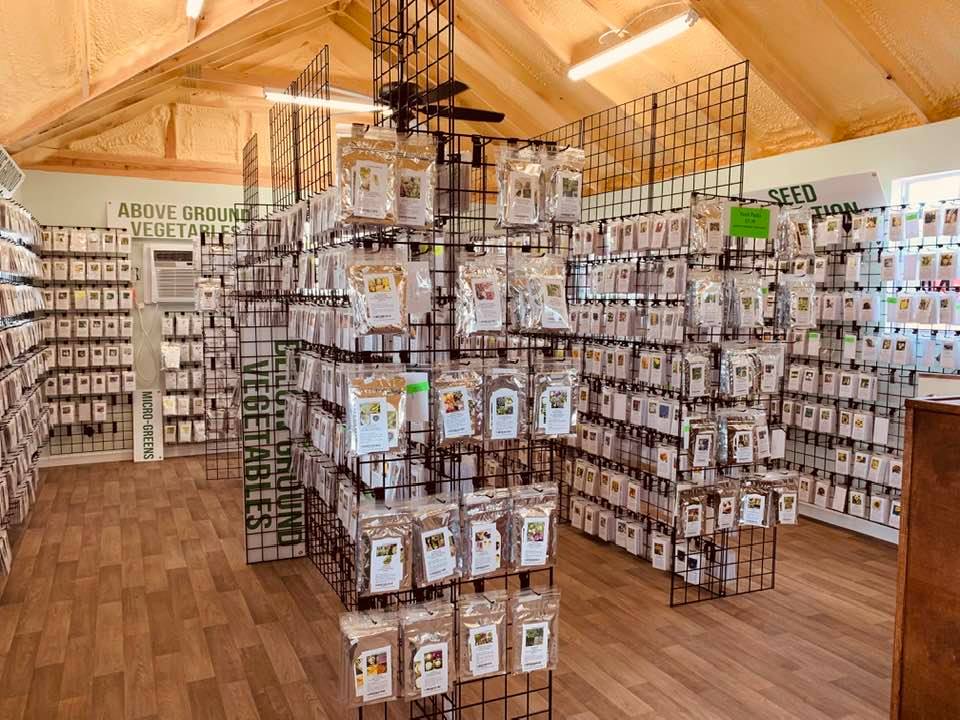
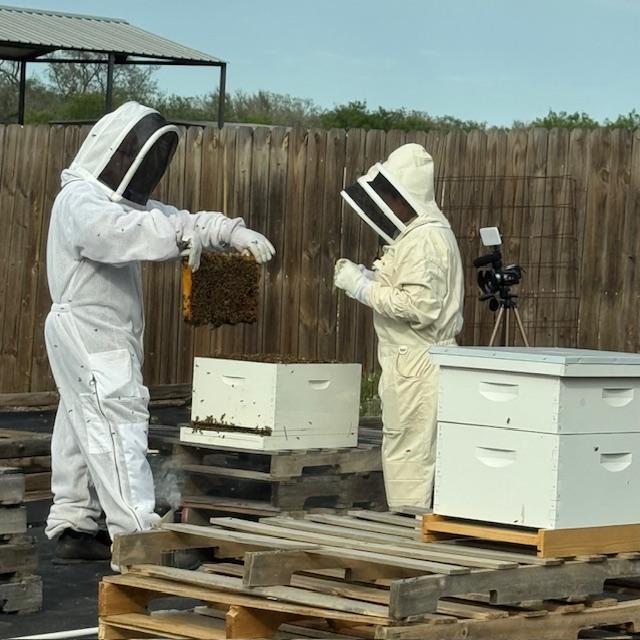 Our bee hives
Our bee hives Our fish pond
Our fish pond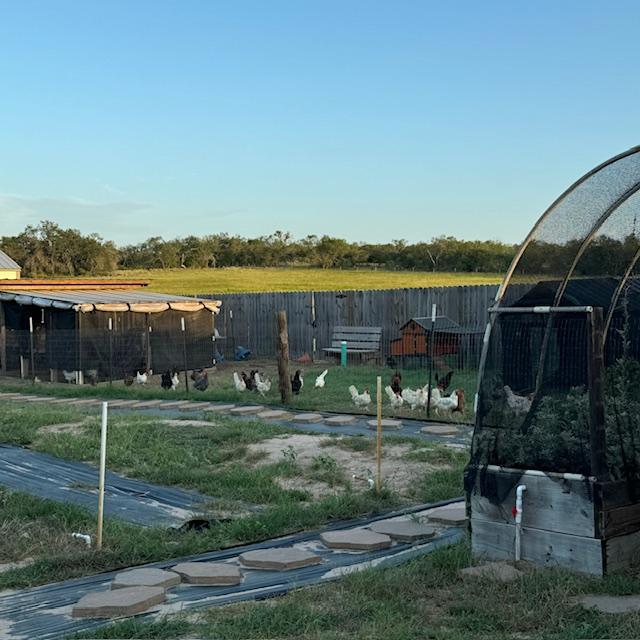 Our chickens
Our chickens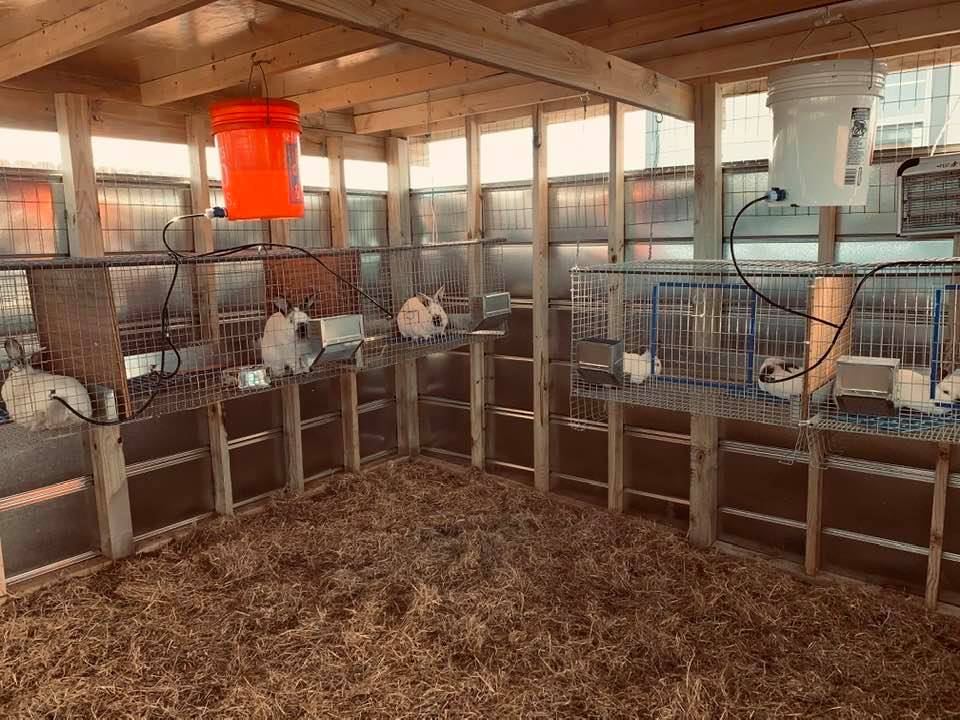 Our bunny rabbits
Our bunny rabbits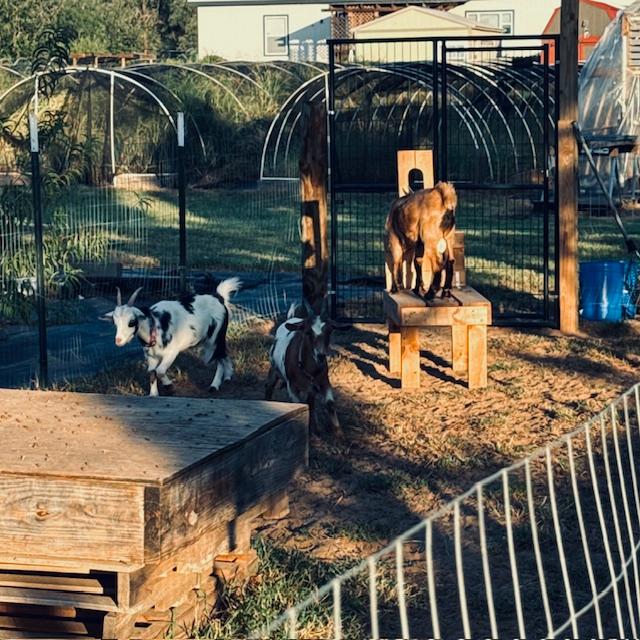 Our Nigerian Dwarf goats
Our Nigerian Dwarf goats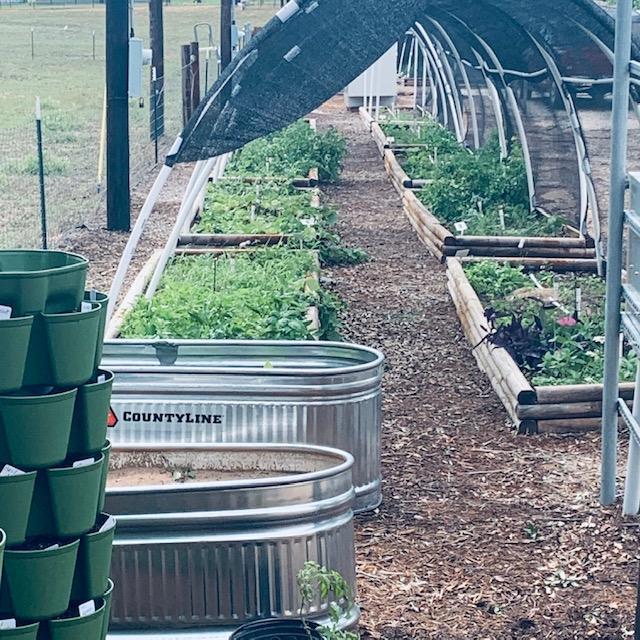 A few of our raised garden beds
A few of our raised garden beds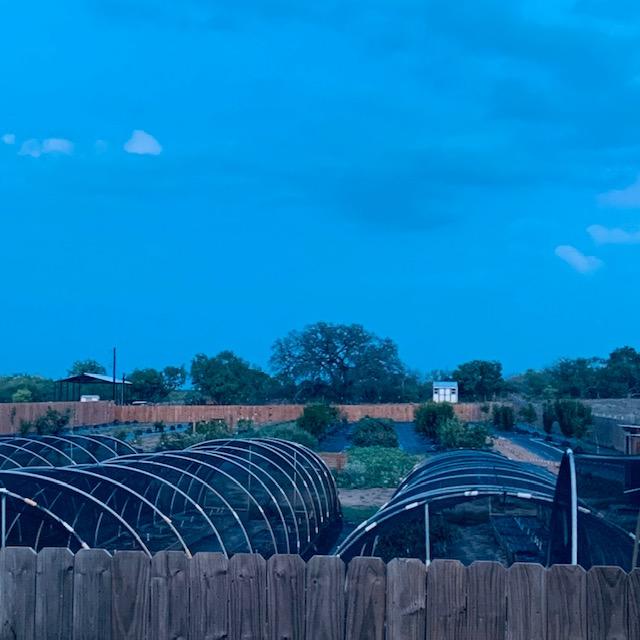 Our orchard and hoop houses
Our orchard and hoop houses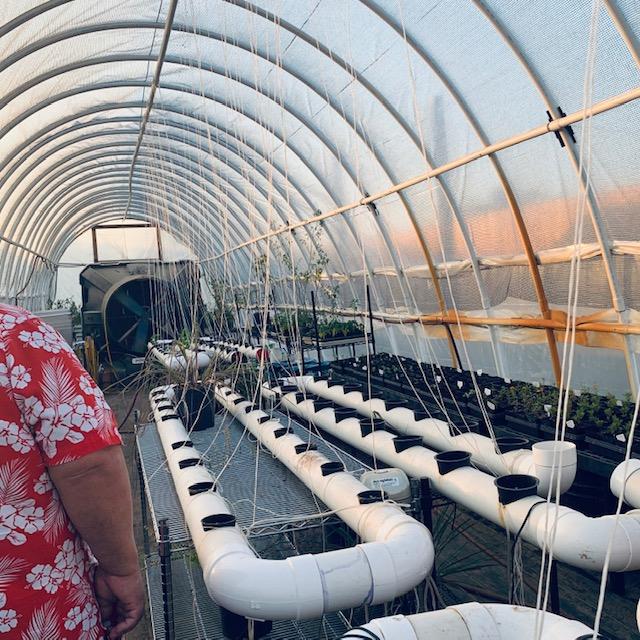 Inside our high tunnel
Inside our high tunnel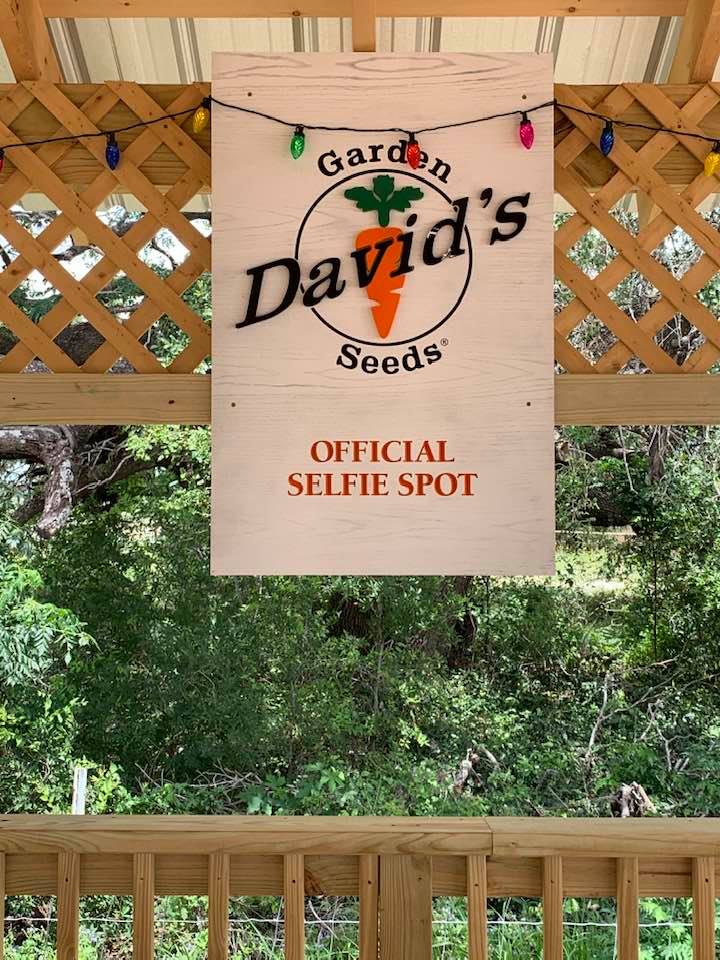 Take a selfie at our official selfie spot!
Take a selfie at our official selfie spot!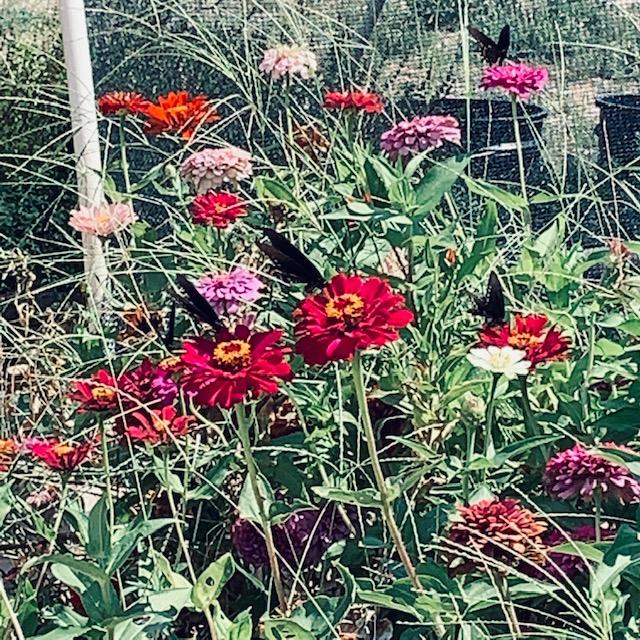 Flowers, bees, and butterflies are everywhere!
Flowers, bees, and butterflies are everywhere!